T4K3.news
Notting Hill Carnival draws thousands to final day
London's Notting Hill Carnival closes its weekend with music, dance and community ties

Dancers and musicians fill the streets on the final day, highlighting the festival's history and its role in London's cultural life.
Notting Hill Carnival shines as London celebrates Caribbean culture
Thousands gathered in Notting Hill for the final day of Notting Hill Carnival, a vibrant display of Caribbean music, dance and costume that fills the streets with colour and sound.
The festival grew from the 1959 Caribbean Carnival sparked by racially motivated attacks on West Indian residents in Notting Hill. Claudia Jones, a Trinidadian activist, helped turn it into a unifying event that was first broadcast on the BBC. The outdoor parade began in 1966, and in the decades since it has become Europe’s largest street party, with performers from hip hop to reggae and beyond, including Jay Z, Lil’ Kim and Busta Rhymes in the 1990s, and more recently Stormzy, Giggs, Major Lazer and Stefflon Don.
Key Takeaways
"This carnival is a living thread in London culture"
describing the festival's role in the city
"It brings people together while sparking conversations about safety and planning"
editorial take on logistic issues
Notting Hill Carnival is a case study in how immigrant culture becomes city culture. It has moved from a community protest to a global spectacle, bringing economic benefits but also logistical strain. The event tests London’s ability to manage large crowds while preserving tradition and safety. As artists broaden the lineup, the festival reflects both the strength and the tensions of London’s multicultural identity.
This evolution shows how a festival can remain faithful to its roots while adapting to a changing audience. It raises questions about funding, policing and support for residents who live alongside the parade routes. For policymakers and organizers, the challenge is to balance celebration with sustainable planning.
Highlights
- A living thread that keeps growing with the city
- Music and memory collide on every street
- Notting Hill Carnival turns history into a spectacle
- Caribbean culture without borders in a single weekend
London’s streets carry the city’s memory and its future, side by side.
Enjoyed this? Let your friends know!
Related News
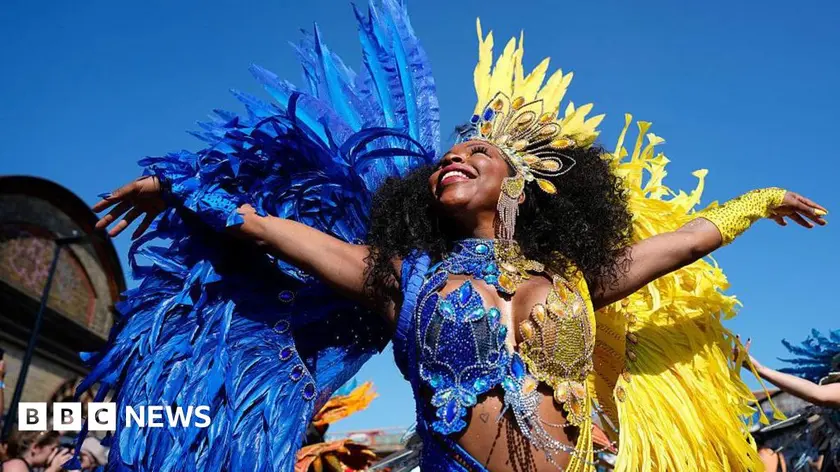
Notting Hill Carnival continues into the afternoon
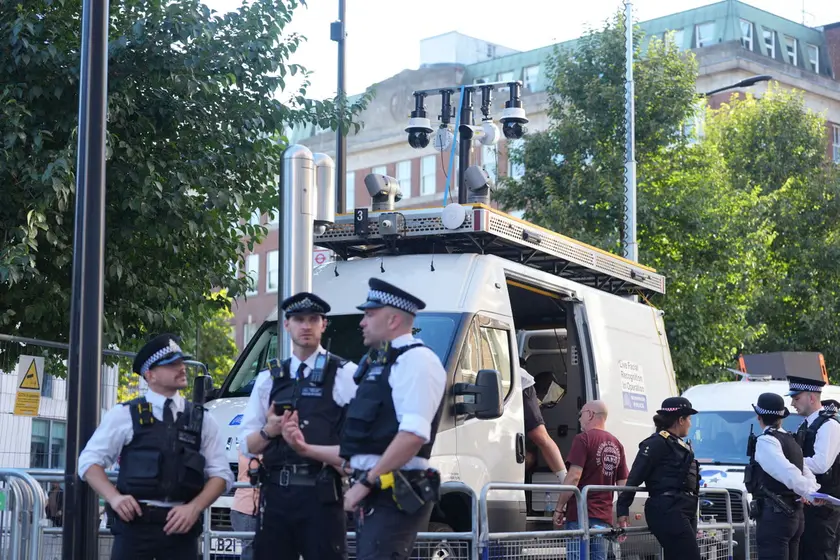
Notting Hill Carnival safety update
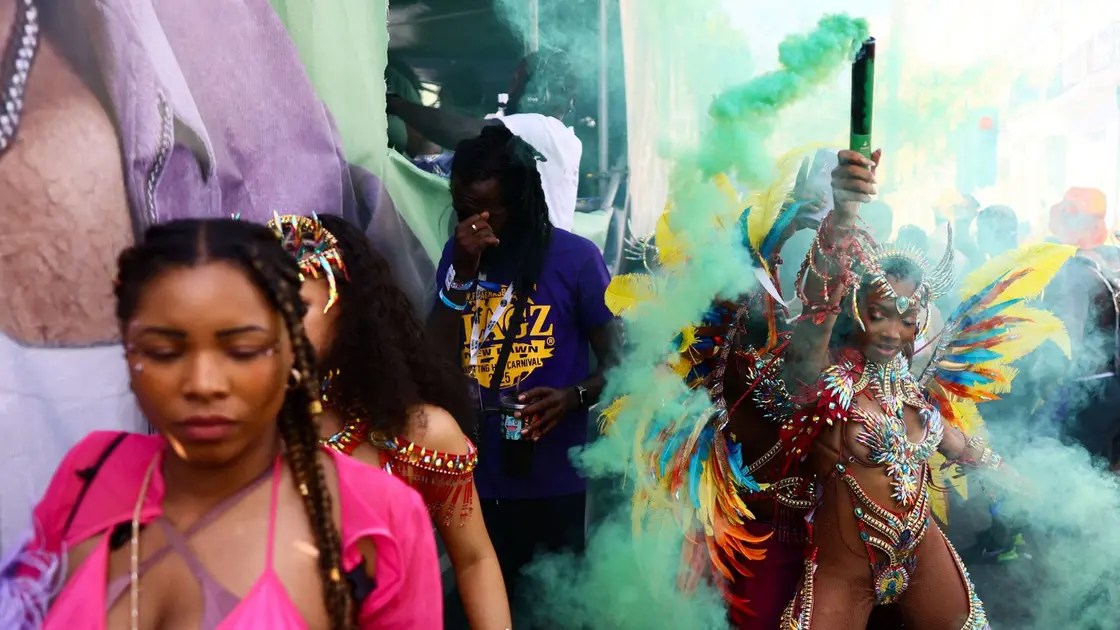
Notting Hill Carnival safety improves
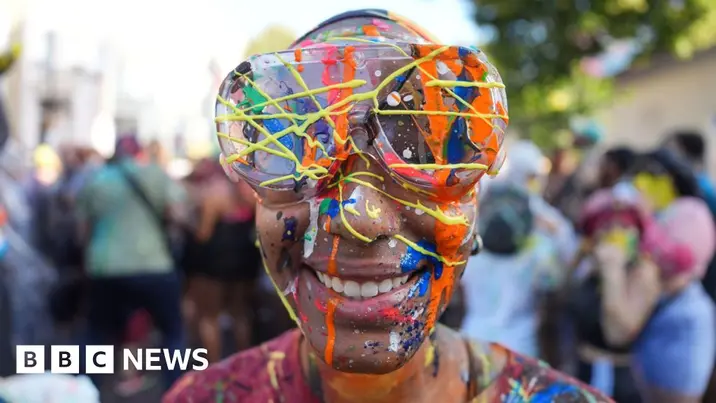
Notting Hill Carnival opens with a burst of colour
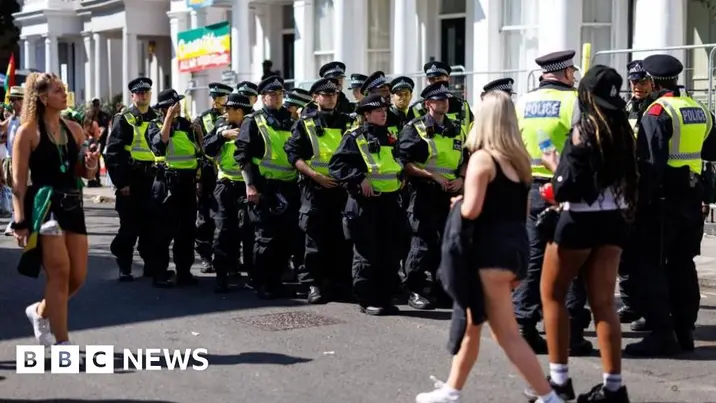
Notting Hill Carnival shows fewer serious incidents this year

Notting Hill Carnival lights up west London

EHRC challenges Met on facial recognition at Notting Hill carnival

Oasis attracts over 70000 fans to penultimate Manchester concert
